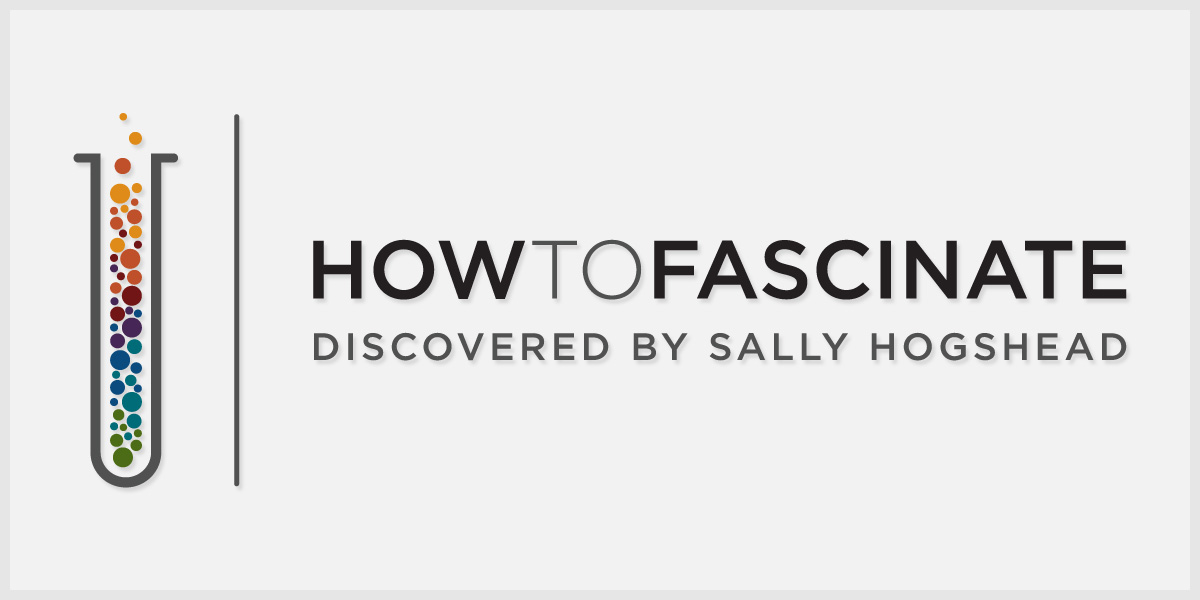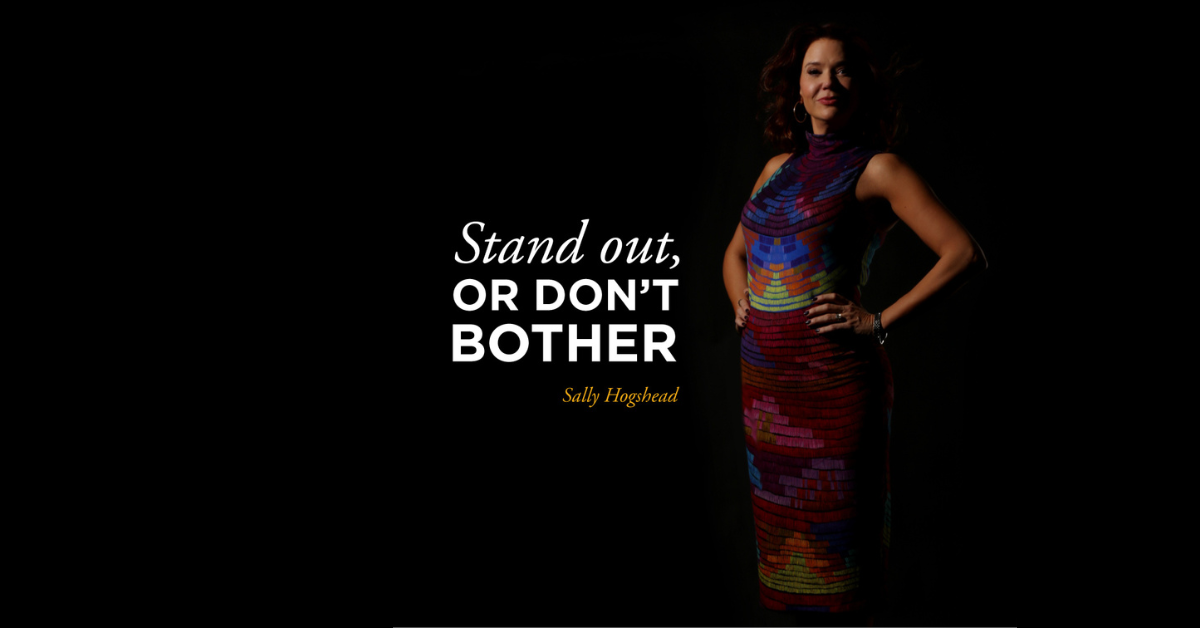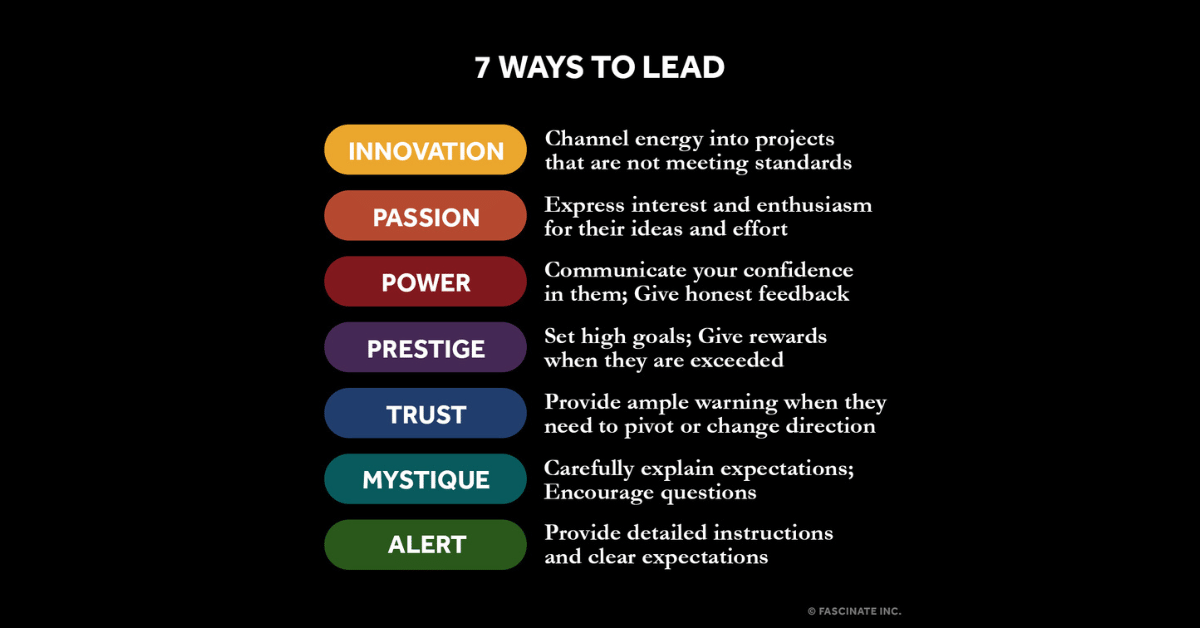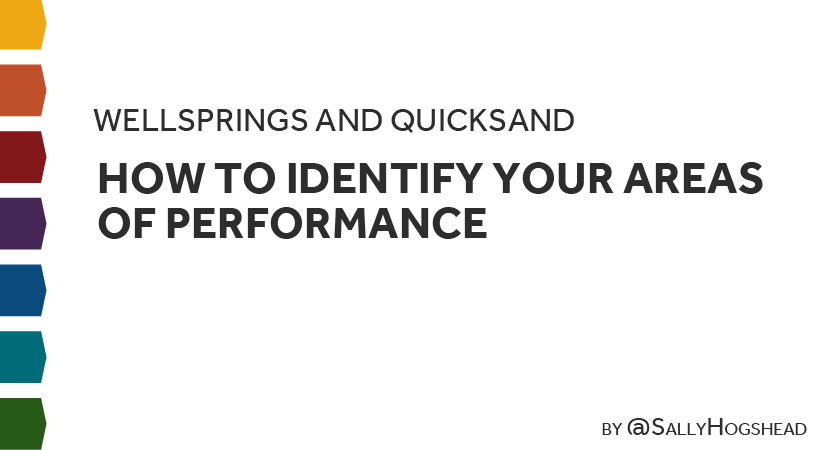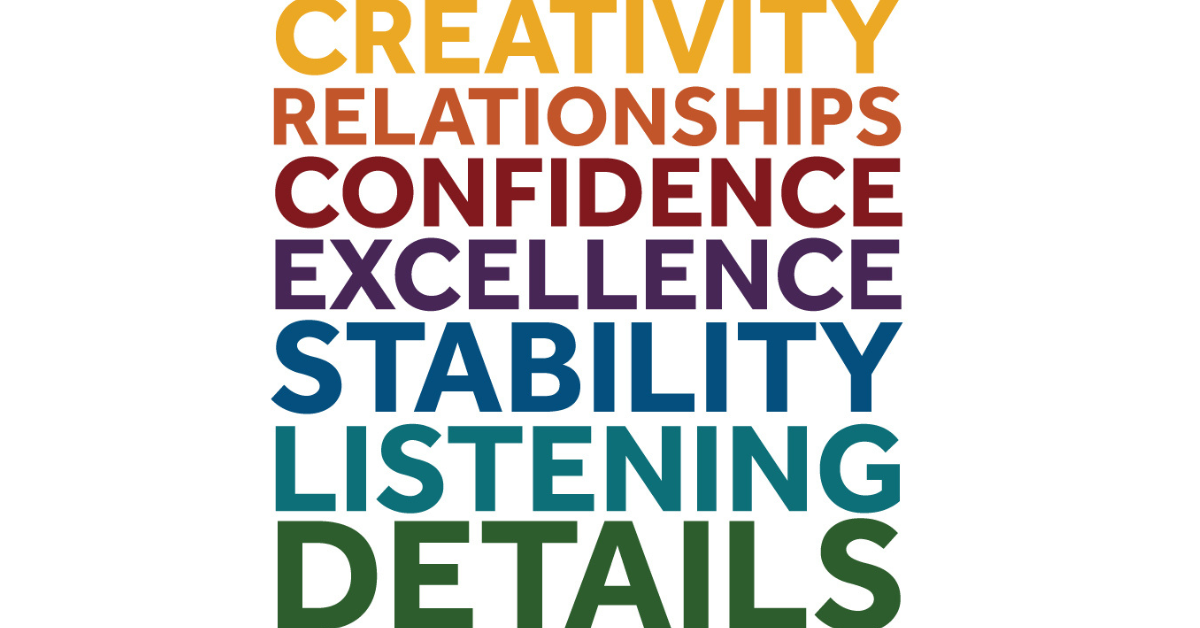Are You at Risk of Becoming the Next Harvey Weinstein? Four Lessons to Keep Your Brain, and Brand in Check.
There’s a serious problem with branding, and it’s one that nobody wants to admit.
The purpose of branding is to shape perception, and Harvey Weinstein knew how to expertly shape perception. His celebrated status allowed him to hide his most vile traits.
Branding can hide scary behavior.
Remember Harry Potter’s invisibility cloak? The cloak allowed him to hide himself from the world. Branding offers a similar protection from criticism. The fantasies Weinstein produced onscreen cloaked his lecherous behavior offscreen.
Weinstein expertly crafted his public persona, hiding insidious behavior behind the invisibility cloak of the Hollywood PR machine. Maureen Dowd described that he was “a master at protecting himself, just as Hugh Hefner was, by the veneer of power he cultivated.”
Too often, branding is not an authentic reflection, but a manufactured facade. By pulling a few strings, brands can choose to be perceived as “admirable” or “brilliant” or whatever they choose. The problem is, branding can become a way to hide what’s actually going on.
The revelations about Harvey Weinstein are inexcusable. Yet to understand what actually happened, we need to look at the forces that created a power imbalance in the first place.
Even emotionally intelligent leaders can unintentionally overstep boundaries.
The Harvey Weinstein horror story offers a look inside leadership lessons for us all. Though admittedly awkward, we need to perform an autopsy. As George Santayana wrote, “Those who cannot remember the past are condemned to repeat it.”
In the presence of an authority figure, our brain chemistry inclines us to surrender.
A study at the Stanford Graduate School of Business found the mere presence of a powerful person can instantly alter the serotonin levels in our brains. If this happens, we’re less likely to resist because we’re paralyzed in a “deer in headlights” response.
An imbalance of power affects how we might respond in unexpected situations. Even smart, strong young people can potentially become fearful to respond, retaliate, or even speak out.
You’ve probably experienced a similar, if less intense, reaction. We submissively remove our shoes for TSA security at the airport without even being told. Powerful brands can manipulate our brains, just as powerful people do. Thankfully, this phenomenon can be overcome, as we have seen with the empowering #MeToo campaign.
A sense of entitlement can lead to dangerous behavior.
In the Journal of Personality and Social Psychology, researchers report that when one person has power over a member of the opposite sex, it often led to unwanted advances. In their study they found that “having power increased participants’ expectations of sexual interest from a subordinate.”
Absolute power does, in fact, corrupt absolutely.
In an experiment at Berkeley, children with higher social class were more likely to steal candy from those in a lower social class. The finding: people in a higher social class are more prone to selfishness and unethical decision-making.
To Weinstein, actresses were the candy.
Fortify the integrity of your brand.
Lesson #1: Think about your own leadership personality. Do you ever railroad employees, or steamroll decisions? Emotional intelligence can be overridden by our brain’s darker side. Watch for those moments when you might be overstepping, even just a little.
Lesson #2: You can manipulate perception for a while. But transparency always wins. Always. Eventually, someone will lift the log to see what’s underneath, and they’ll either admire or admonish you for it.
Lesson #3: Virtuous actions don’t cancel out vile ones. Weinstein’s production companies did a lot of good. He produced movies that explored worthy social causes and inspiring storylines (e.g., Django Unchained and Silver Linings Playbook). He’s publicly been active in supporting social causes such as poverty, AIDS and juvenile diabetes.
Yet what he didn’t understand is this:
Ethics aren’t a scorecard. Virtue does not cancel out the contemptible.
Lesson #4: Every entrepreneur, and every business has areas that could incite criticism. But the best brands, like the best reputations, are built on core values.
Think of your own company. If people could look inside your company, would they admire you more than they do now? Or would their perception be damaged by the truth?
Tell me YOUR thoughts, in the comment section below.
